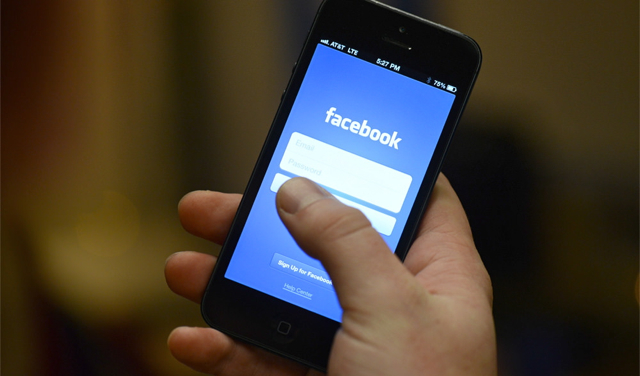Publishers Rethink Sharing Content on Social Media Platforms
January 26, 2017
The trade group Digital Content Next just released a report that details how some publishers of newspapers and other media outlets are pulling back on their use of Facebook’s Instant Articles program. The change comes as publishers re-examine their business models, especially vis-à-vis social media platforms. Publishers have hosted stories on Facebook, rather than their own websites, so they load more quickly on mobile phones. But these publishers also chafe against Facebook restrictions on the number and types of ads in Instant Articles.
Bloomberg reports that among the publishers in question are The New York Times, The Washington Post, ESPN, and Bloomberg News. Among the group, 17 members “generated an average of $7.7 million in the first half of 2016 from third-party platforms, or 14 percent of their total digital revenue.”
The report also talks about the “deep ambivalence” publishers feel about “Facebook’s commitment to helping them make money on the social media platform,” saying “on the most basic level, publishers are being disintermediated, losing their relationship with their audiences, and they fear that Facebook will further encroach on their traditional businesses.”
Facebook, in the wake of accusations of not doing enough to curb fake news, has a new project aimed at creating “stronger partnerships with media companies, greater support for local news and better efforts to educate users to avoid hoaxes.”
The company now also permits publishers to insert ads into Facebook Live videos and to post branded content. Some publishers, who are losing out on advertising on their own sites, aren’t mollified by the changes and instead of putting less emphasis on Facebook Live. The report adds that, for many publishers, Facebook Live “has yet to scale or prove a revenue model.”
Although some publishers hope to reach a younger demographic by dedicated staff to create content for Snapchat, the report found that this platform “holds little to no short-term financial interest” for most publishers. The report adds that since Snapchat no longer splits ad sales with publishers, instead paying a licensing fee, the new model “may translate into a limited upside for monetization.”


No Comments Yet
You can be the first to comment!
Sorry, comments for this entry are closed at this time.